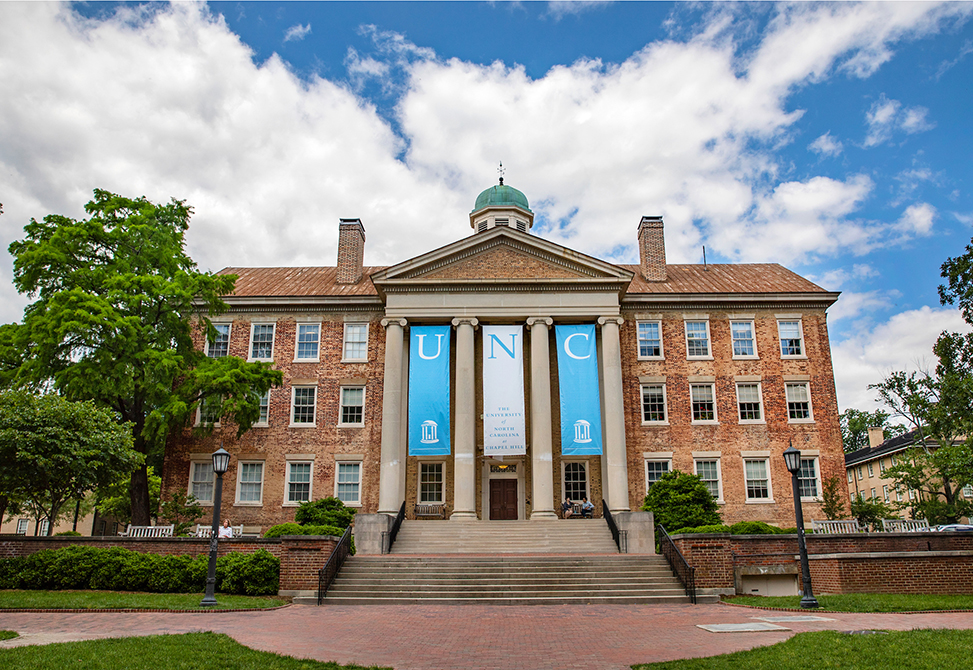What is Academic Freedom?
Definition
“academic freedom, the freedom of teachers and students to teach, study, and pursue knowledge and research without unreasonable interference or restriction from law, institutional regulations, or public pressure. Its basic elements include the freedom of teachers to inquire into any subject that evokes their intellectual concern; to present their findings to their students, colleagues, and others; to publish their data and conclusions without control or censorship; and to teach in the manner they consider professionally appropriate. For students, the basic elements include the freedom to study subjects that concern them and to form conclusions for themselves and express their opinions.
Britannica
Inside Higher Ed: What Academic Freedom Does and Does Not Do
These points are mostly adapted from nearly 100 years of American Association of University Professors policy documents and reports. Since its 1915 founding, the AAUP has been the primary source of the documents outlining the basic principles of faculty rights and responsibilities. It is also the source of perhaps the single best statement of student rights. Putting the principles above into practice, of course, requires a goodly amount of additional detail, information the AAUP continues to provide and update.
AAUP 1940 Statement on Academic Freedom with 1970 Interpretation
AAUP
Academic Freedom
- Teachers are entitled to full freedom in research and in the publication of the results, subject to the adequate performance of their other academic duties; but research for pecuniary return should be based upon an understanding with the authorities of the institution.
- Teachers are entitled to freedom in the classroom in discussing their subject, but they should be careful not to introduce into their teaching controversial matter which has no relation to their subject. (1970 Note: The intent of this statement is not to discourage what is “controversial.” Controversy is at the heart of the free academic inquiry which the entire statement is designed to foster. The passage serves to underscore the need for teachers to avoid persistently
intruding material which has no relation to their subject.) - College and university teachers are citizens, members of a learned profession, and officers
of an educational institution. When they speak or write as citizens, they should be free from
institutional censorship or discipline, but their special position in the community imposes
special obligations. As scholars and educational officers, they should remember that the public
may judge their profession and their institution by their utterances. Hence they should at
all times be accurate, should exercise appropriate restraint, should show respect for the
opinions of others, and should make every effort to indicate that they are not speaking for
the institution.
UNC System Code of Conduct – Chapter 6
SECTION 600. FREEDOM AND RESPONSIBILITY IN THE UNIVERSITY COMMUNITY.
(1) The University of North Carolina System is dedicated to the transmission and
advancement of knowledge and understanding. Academic freedom is essential to the
achievement of these purposes. The University therefore supports and encourages freedom of
inquiry for faculty members and students, to the end that they may responsibly pursue these
goals through teaching, learning, research, discussion, and publication, free from internal or
external restraints that would unreasonably restrict their academic endeavors.
(2) The University and each constituent institution shall protect faculty and students in their
responsible exercise of the freedom to teach, to learn, and otherwise to seek and speak the truth.
(3) Faculty and students of the University of North Carolina System shall share in the
responsibility for maintaining an environment in which academic freedom flourishes and in which
the rights of each member of the academic community are respected.
SECTION 601. ACADEMIC FREEDOM AND RESPONSIBILITY OF FACULTY.
(1) It is the policy of the University of North Carolina System to support and encourage full
freedom, within the law, of inquiry, discourse, teaching, research, and publication for all members
of the academic staffs of the constituent institutions. Members of the faculty are expected to
recognize that accuracy, forthrightness, and dignity befit their association with the University and
their position as men and women of learning. They should not represent themselves, without
authorization, as spokespersons for the University of North Carolina System or any of its
constituent institutions.
(2) The University and its constituent institutions shall not penalize or discipline members of
its faculties because of the exercise of academic freedom in the lawful pursuit of their respective
areas of scholarly and professional interest and responsibility.

Documents
AAUP 1915 Declaration of Principles on Academic Freedom and Academic Tenure
AAUP 1940 Statement of Principles on Academic Freedom and Tenure
AAUP 1940 Statement with 1970 Interpretation
UNC System Code of Conduct – Chapter 6
UNC Tenure, Policies and Procedures
History of Academic Freedom
What is academic freedom and where did it come from? (~3 minute video)
A Brief History of Academic Freedom
Excerpt: Academic freedom re-emerged in early 19th century Germany with the Prussian reform and the so-called Humboldtian university. Wilhelm von Humboldt’s educational reforms enshrined the twin concepts of Lehrfreiheit (freedom to teach) and Lernfreiheit (freedom to learn) under the rubric of Akademische Freiheit (academic freedom). So swift was the effect of this reform that by 1898, celebrated American philosopher Charles Sanders Peirce in a lecture at Harvard unfavorably compared U.S. universities, which he regarded as mere training institutions, with German universities, whose commitment to advancing knowledge made them, in Peirce’s words, “the light of the whole world.”
